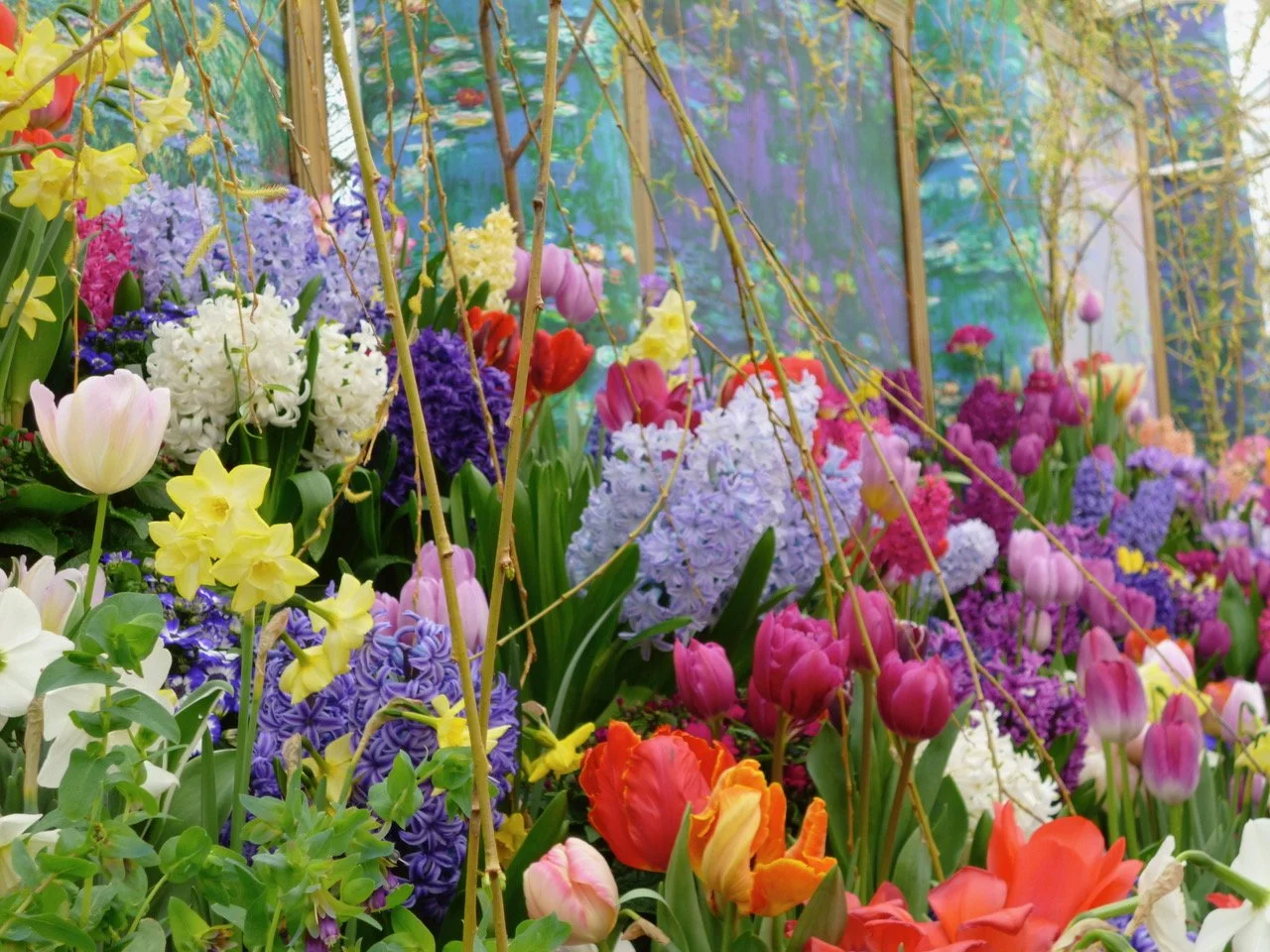Welcome to our April Newsletter!
Spring is definitely in the air, and that means Sarasa is approaching its final concert-set of the 2021-22 season, Scènes pastorales ~ Pastoral scenes, which will be performed the weekend of May 14 & 15 in Cambridge and Lexington respectively. In celebration of Spring, our program explores the pastoral worlds of Biber, Hummel, Satie and Schubert. Along with the beloved and ever popular “Trout” Quintet in A major by Franz Schubert, other pastoral-inspired music includes a delightful string trio by his good friend, Johann Nepomuk Hummel—the last movement of which quotes familiar tunes from Mozart’s popular Singspiel, The Magic Flute. Our program opens with a fantastic pastorella by the 17th-century violin virtuoso, Heinrich Ignaz Franz von Biber, followed by two short piano works, Gnossienne No. 1 & Gymnopédie No. 1, by the singular 20th-century French composer, Erik Satie.
FROM A SONG TO A PIANO QUINTET
Facsimile of the fifth and final autograph of "Die Forelle" for voice and piano by Franz Schubert, 1821
The immediately carefree atmosphere one detects in Schubert’s “Trout” Quintet, scored for fortepiano, violin, viola, cello and double bass, reflects a very happy period in Schubert’s life. Written in 1819, the nickname of the quintet originates from the song “Die Forelle” ("The Trout”) Op. 32, D. 550, which he had composed two years earlier in 1817, and then reworked into several versions. Schubert and his friend, the baritone Johann Michael Vogl, spent the summer of 1819 in the town of Steyr, in the Austrian Alps west of Vienna. During their stay, they made the acquaintance of Sylvester Paumgartner, a wealthy merchant and enthusiastic amateur cellist. He especially loved the song Die Forelle, and commissioned Schubert to write a chamber work that incorporated a set of variations based on its memorable tune. He also suggested to Schubert to make use of the same instrumentation as Johann Nepomuk Hummel's piano quintet in D minor, which he favoured, and which included a double bass rather than a second violin. The song’s text, a poem by Christian Friedrich Daniel Schubart, presents a story of a “happy little fish” swimming freely in a bright brooklet until a fisherman muddies the water with his rod in order to confuse and ensnare the fish. Sung from the perspective of the onlooker viewing the pastoral scene, Schubert masterfully portrays the emotions running through the text in the piano’s accompaniment, veering away from the cheerful ascending sextuplet rhythm and moving to the relative minor when the fish is in danger of being caught. Here is a performance of the song with Dietrich Fischer-Dieskau and Gerald Moore.
INTERVIEW WITH MAGGIE COLE
Maggie Cole
Sarasa co-artistic director Jennifer Morsches and the wonderful keyboardist Maggie Cole had a chance to meet for a coffee in London recently. As well as enjoying a long overdue catch-up, Jennifer asked Maggie some questions about performing the repertoire in the upcoming Sarasa program, Scènes pastorales ~ Pastoral scenes. Maggie will be playing a beautiful copy of a 6-1/2 octave Viennese fortepiano by R J Regier, an early keyboard instrument maker based in Freeport, Maine.
SOME OF THE EARLIEST “PASTORALS” IN WESTERN EUROPEAN MUSIC
pastoral:
adjective /ˈpæs·tər·əl/
(of a piece of art, writing, or music) having or representing the pleasant, traditional features of the countryside
pastorela:
from the Old Occitan /pastu·rɛla/
little/young shepherdess
The pastoral idea in music is represented in one form or another in almost every nation on earth; one readily thinks of the image of a shepherd or shepherdess tending his/her flocks in the countryside, alone and at peace and in harmony with Nature. Provençal folklore in the Middle Ages particularly inspired the knightly troubadours, who developed popular songs (outside of the courtly sphere) called the pastorela , or the “shepherd’s song.” A very early example of a pastorela, dating from 1260 by the troubadour Guiraut Riquier, describes the poet meeting a shepherdess: “The other day, I was walking by the side of a brook, musing and alone, for love led me to think of song, when suddenly I saw a sweet shepherdess, lovely and kind, watching her flock.” She does avoid his possible amorous advances, saying her heart is betrothed to someone else...
SCÉNES PASTORALES ~ PASTORAL SCENES
Featuring Maggie Cole, fortepiano; Christina Day Martinson, violin; Jenny Stirling, viola; Timothy Merton, cello; John Feeney, bass
Saturday, May 14, 2022 Harvard-Epworth United Methodist Church, Cambridge at 7.30pm
Sunday, May 15, 2022 Follen Community Church, Lexington at 3.30pm
Program:
Heinrich Ignaz Franz von Biber - Pastorella in A major for Violin and Basso continuo
Erik Satie - Gnossienne No. 1 & Gymnopédie No. 1
Johann Nepomuk Hummel - String Trio No. 2 in G major, Op. WoO 4, S.46
intermission
Schubert - Piano Quintet in A major, D. 667 “The Trout"
Tickets: $25 General Admission; $20 Seniors; $10 Students; Children under 18 free!
Questions? Email admin@sarasamusic.org for more info.
NATIVE REALM STREAMING FREE
If you haven’t yet watched our most recent March program, Native Realm, it is still streaming on our website!
Volunteers needed!
Want to help Sarasa spread the word about our concerts? Help us distribute posters in the Cambridge and Lexington area, and see our concert free! If you’re interested, please contact General Manager Sarah Vandewalle at sarah@sarasamusic.org.











